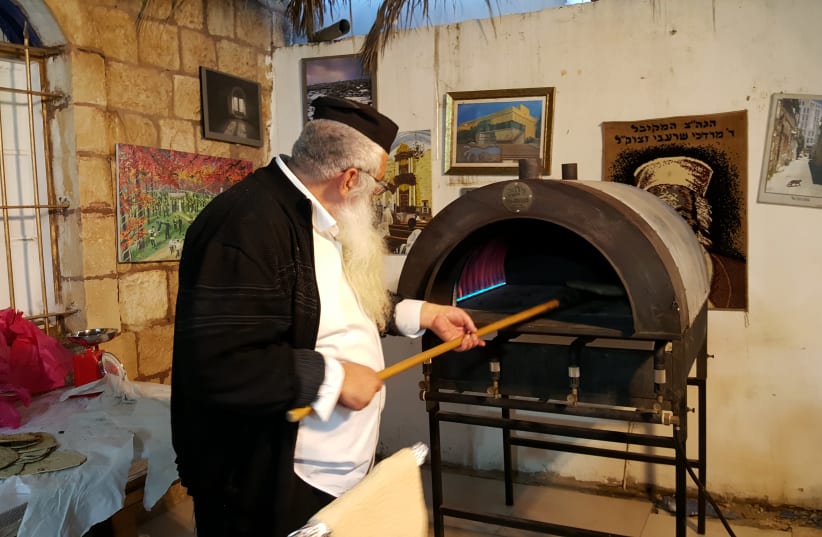Pesach Sheni, or Second Passover, begins Saturday night and lasts until Sunday evening. The holiday marks the date in which those who were unable to celebrate Passover a month earlier, would have a mini Passover.
The day has its origins in the Bible, where a group of people who became ritually unclean approached Moses and asked him how they too could participate in the holiday they missed. Numbers 9:10-11 states, "Speak unto the children of Israel, saying: If any man of you or of your generations shall be unclean by reason of a dead body, or be in a journey afar off, yet he shall keep the Passover unto the Lord... they shall eat it with unleavened bread and bitter herbs..." (Translation from Mechon Mamre)
Today, on Pesach Sheini, the traditional matzah, or unleavened bread, is eaten and some hold a mini seder. The Jewish Virtual Library states, "The bringing of the Passover offering was considered so important that this is the only instance of a Torah commandment in which an official 'make-up day' is established to ensure performance."
Michael M. Cohen, in an opinion piece for The Jerusalem Post, called Second Passover "a minor holiday with a major message." He explained, "Pesach Sheni reminds us, a month after Passover, that the walk of freedom and redemption sometimes requires a second chance."
Rabbi Shmuel Rabinowitz, chief rabbi of the Western Wall and Holy Sites, wrote in his weekly article on the Torah portion for the Post, "if we look carefully, this halacha (Jewish law) of Pesach Sheni was not given the way most other commandments were given... This halacha was given to Moses only after a demand was made by the nation. Only when people came and complained about their bitter fate, about not being able to fulfill the mitzvah of eating the Passover sacrifice was this halacha stated that allowed them a second chance to fulfill the commandment.
"The passion, the sincere desire, the positive attitude – these are what merited the halacha of Pesach Sheni."
